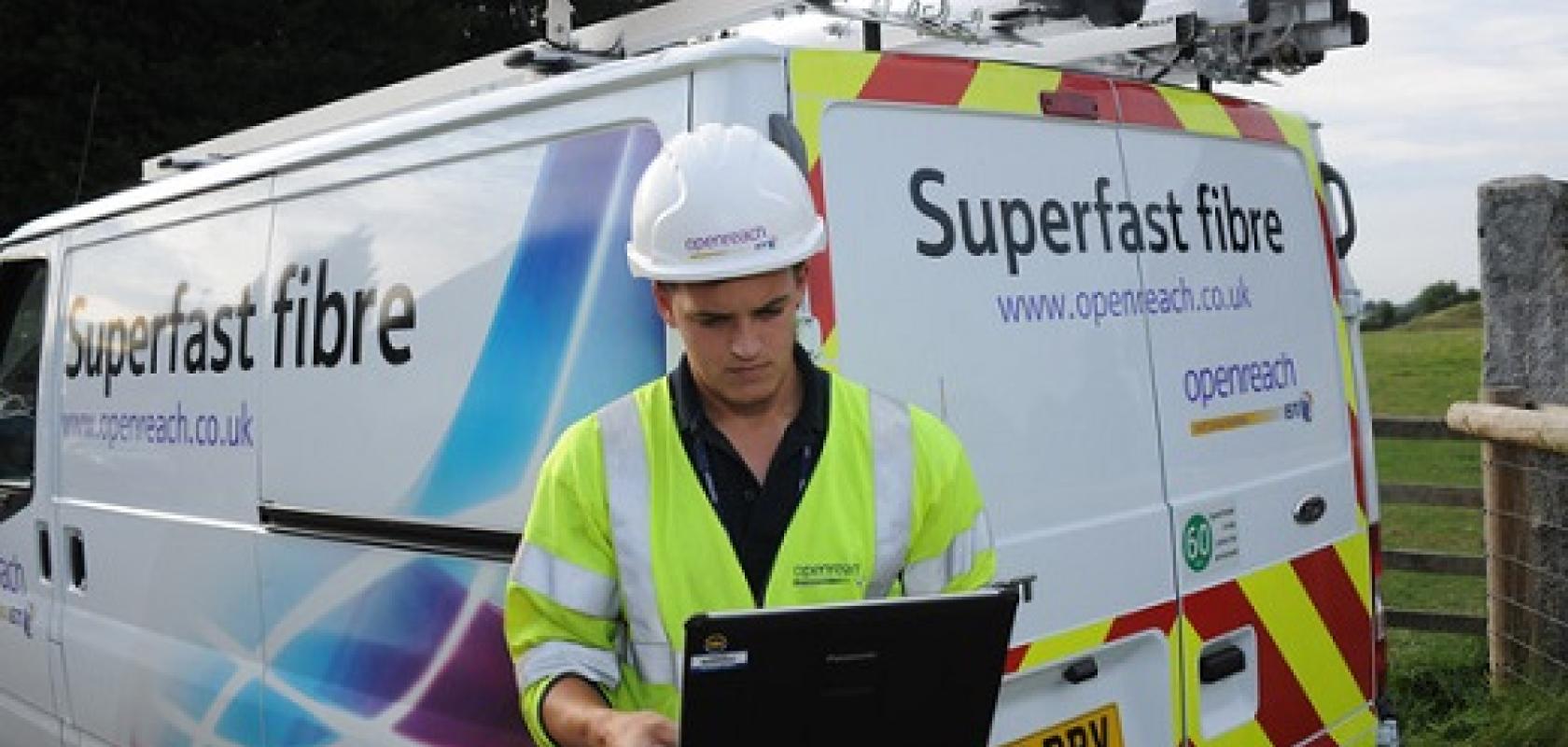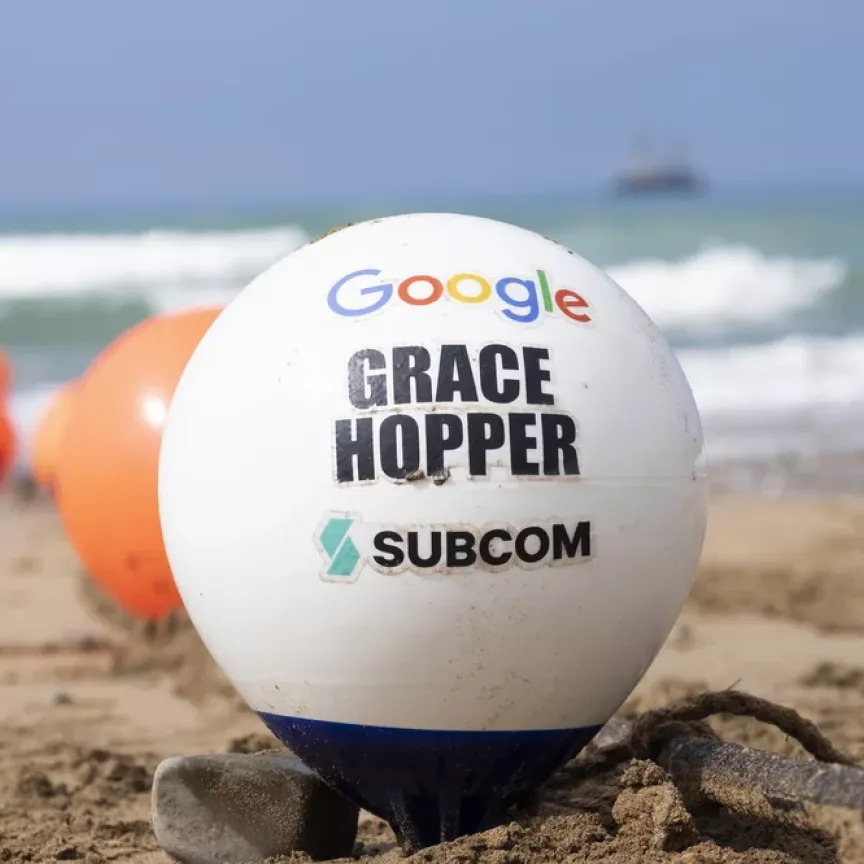BT has made an offer to the UK government to voluntarily provide high-speed broadband to 99 per cent all homes and businesses across the country within five years, which would largely be delivered by Openreach.
The government said it received the offer after it committed to introduce a Universal Service Obligation (USO) through regulation to give every home and business in the UK the right to request a high-speed connection of at least 10Mb/s.
This is the speed that the communications regulator, Ofcom, has advised will meet the broadband needs of a typical household, if appropriate quality safeguards are in place.
BT chief executive Gavin Patterson said: “We are pleased to make a voluntary offer to deliver the government’s goal for universal broadband access at minimum speeds of 10Mbps. This would involve an estimated investment of £450 million to £600 million depending on the final technology solution.”
BT proposed that it would fund this investment and recover its costs through its charges for products providing access to its local access networks. The approach to recovering these costs will be considered in Ofcom’s current wholesale local access review (see Ofcom: business connections can share BT’s ducts and poles).
Unlike under a regulatory USO, the proposal from BT is to proactively build the necessary network infrastructure to connect households and businesses rather than wait for this to be done on request. This could mean that households are connected more quickly.
The government will now work with BT over the coming months to develop the proposal – which, if it is accepted, will be legally binding. The government will now consider this offer alongside a consultation on the regulatory USO, which is currently underway.
Culture Secretary Karen Bradley said: “The government is taking action to ensure that people everywhere in the UK can get a decent broadband connection as soon as possible. We warmly welcome BT’s offer and now will look at whether this or a regulatory approach works better for homes and businesses. Whichever of the two approaches we go with in the end, the driving force behind our decision making will be making sure we get the best deal for consumers.”
The consultation just launched outlines detailed proposals for how this new right to request a connection would work in practice. This will help the government decide on the best way to get better broadband in hard to reach areas. The government emphasises that no decision has been taken, and says it will carefully weigh the merits of the two approaches.
Today, more than 93 per cent of UK homes and businesses can already get superfast broadband (defined as speeds above 24 Mb/s) and, as a direct result of the government’s Superfast Broadband Programme, this will increase to 95 per cent by the end of 2017.
BT proposes to use a range of technologies to deliver its voluntary USO, including fibre to the cabinet (FTTC), fibre to the home (FTTH) and fixed wireless. Fixed wireless will be made available at an affordable price for hard to reach premises, the operator promises.
BT expects to complete the build of this fixed network by either the end of 2021 or 2022 depending on the mix of technologies used, some of which are subject to trial and industry consultation.
They would use these technologies to take the UK’s 10Mb/s fixed network coverage to around 99 per cent by 2020. The number of premises that would only have satellite as an option is expected to be 0.3 per cent by the end of 2022.


